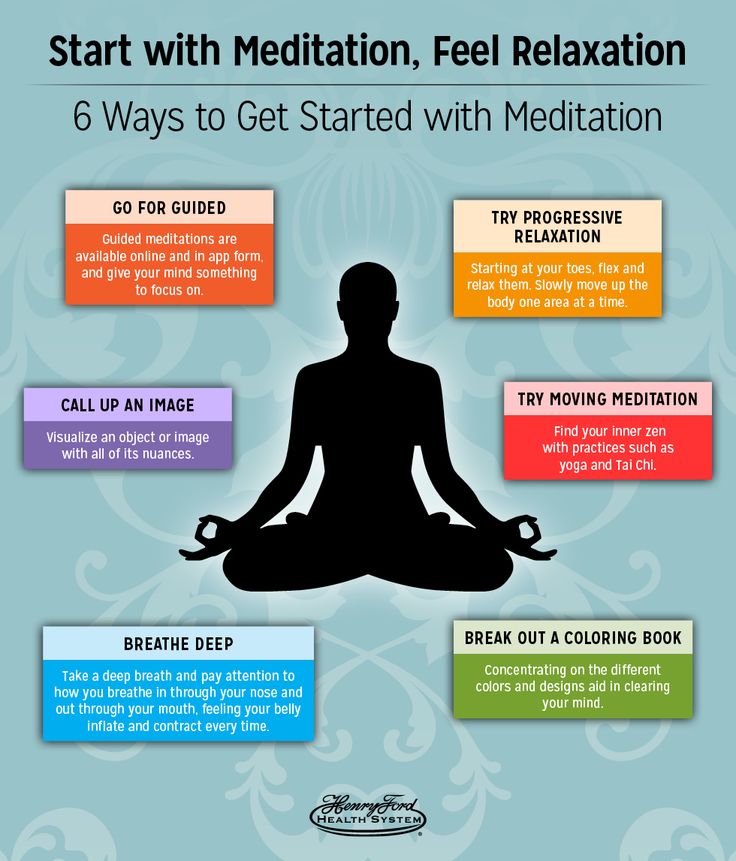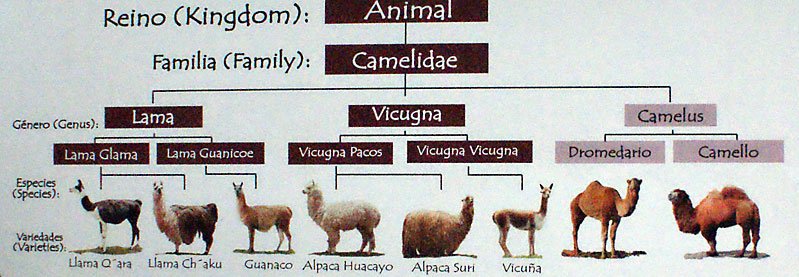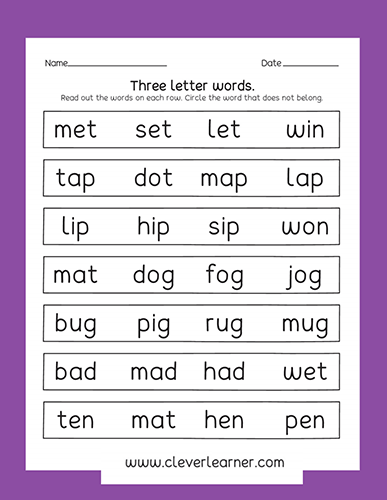Meditation is good
12 Science-Based Benefits of Meditation
Meditation is the habitual process of training your mind to focus and redirect your thoughts.
The popularity of meditation is increasing as more people discover its many health benefits.
You can use it to increase awareness of yourself and your surroundings. Many people think of it as a way to reduce stress and develop concentration.
People also use the practice to develop other beneficial habits and feelings, such as a positive mood and outlook, self-discipline, healthy sleep patterns, and even increased pain tolerance.
This article reviews 12 health benefits of meditation.
Stress reduction is one of the most common reasons people try meditation.
One review concluded that meditation lives up to its reputation for stress reduction (1).
Normally, mental and physical stress cause increased levels of the stress hormone cortisol. This produces many of the harmful effects of stress, such as the release of inflammatory chemicals called cytokines.
These effects can disrupt sleep, promote depression and anxiety, increase blood pressure, and contribute to fatigue and cloudy thinking.
In an 8-week study, a meditation style called “mindfulness meditation” reduced the inflammation response caused by stress (2).
Furthermore, research has shown that meditation may also improve symptoms of stress-related conditions, including irritable bowel syndrome, post-traumatic stress disorder, and fibromyalgia (3, 4, 5).
SummaryMany styles of meditation can help reduce stress. Meditation can likewise reduce symptoms in people with stress-triggered medical conditions.
Meditation can reduce stress levels, which translates to less anxiety.
A meta-analysis including nearly 1,300 adults found that meditation may decrease anxiety. Notably, this effect was strongest in those with the highest levels of anxiety (6).
Also, one study found that 8 weeks of mindfulness meditation helped reduce anxiety symptoms in people with generalized anxiety disorder, along with increasing positive self-statements and improving stress reactivity and coping (7).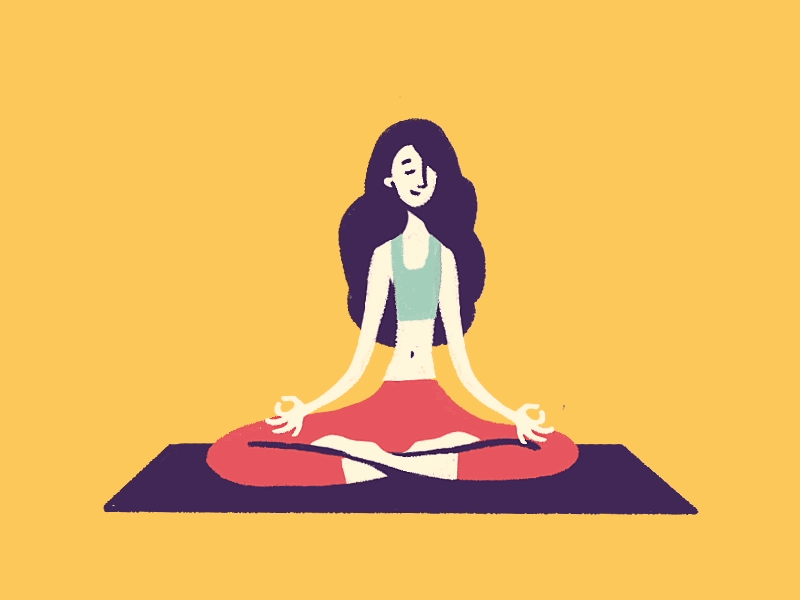
Another study in 47 people with chronic pain found that completing an 8-week meditation program led to noticeable improvements in depression, anxiety, and pain over 1 year (8).
What’s more, some research suggests that a variety of mindfulness and meditation exercises may reduce anxiety levels (9).
For example, yoga has been shown to help people reduce anxiety. This is likely due to benefits from both meditative practice and physical activity (10).
Meditation may also help control job-related anxiety. One study found that employees who used a mindfulness meditation app for 8 weeks experienced improved feelings of well-being and decreased distress and job strain, compared with those in a control group (11).
SummaryHabitual meditation can help reduce anxiety and improve stress reactivity and coping skills.
Some forms of meditation can lead to improved self-image and a more positive outlook on life.
For example, one review of treatments given to more than 3,500 adults found that mindfulness meditation improved symptoms of depression (12).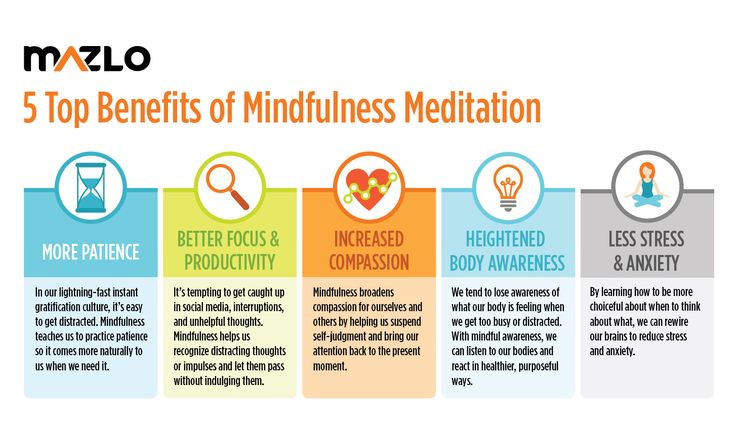
Similarly, a review of 18 studies showed that people receiving meditation therapies experienced reduced symptoms of depression, compared with those in a control group (13).
Another study found that people who completed a meditation exercise experienced fewer negative thoughts in response to viewing negative images, compared with those in a control group (14).
Furthermore, inflammatory chemicals called cytokines, which are released in response to stress, can affect mood, leading to depression. A review of several studies suggests meditation may also reduce depression by decreasing levels of these inflammatory chemicals (15).
SummarySome forms of meditation can improve depression and reduce negative thoughts. It may also decrease levels of inflammatory cytokines, which could contribute to depression.
Some forms of meditation may help you develop a stronger understanding of yourself, helping you grow into your best self.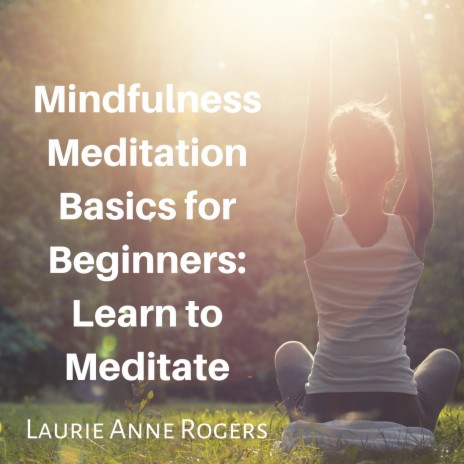
For example, self-inquiry meditation explicitly aims to help you develop a greater understanding of yourself and how you relate to those around you.
Other forms teach you to recognize thoughts that may be harmful or self-defeating. The idea is that as you gain greater awareness of your thought habits, you can steer them toward more constructive patterns (16, 17, 18).
One review of 27 studies showed that practicing tai chi may be associated with improved self-efficacy, which is a term used to describe a person’s belief in their own capacity or ability to overcome challenges (19).
In another study, 153 adults who used a mindfulness meditation app for 2 weeks experienced reduced feelings of loneliness and increased social contact compared with those in a control group (20).
Additionally, experience in meditation may cultivate more creative problem-solving skills (21).
SummarySelf-inquiry and related styles of meditation can help you “know yourself.
” This can be a starting point for making other positive changes.
Focused-attention meditation is like weight lifting for your attention span. It helps increase the strength and endurance of your attention.
For example, one study found that people who listened to a meditation tape experienced improved attention and accuracy while completing a task, compared with those in a control group (22).
A similar study showed that people who regularly practiced meditation performed better on a visual task and had a greater attention span than those without any meditation experience (23).
Moreover, one review concluded that meditation may even reverse patterns in the brain that contribute to mind-wandering, worrying, and poor attention (24).
Even meditating for a short period each day may benefit you. One study found that meditating for just 13 minutes daily enhanced attention and memory after 8 weeks (25).
SummarySeveral types of meditation may build your ability to redirect and maintain attention.

Improvements in attention and clarity of thinking may help keep your mind young.
Kirtan Kriya is a method of meditation that combines a mantra or chant with repetitive motion of the fingers to focus your thoughts. Studies in people with age-related memory loss have shown it improves performance on neuropsychological tests (26).
Furthermore, a review found preliminary evidence that multiple meditation styles can increase attention, memory, and mental quickness in older volunteers (27).
In addition to fighting normal age-related memory loss, meditation can at least partially improve memory in patients with dementia. It can likewise help control stress and improve coping in those caring for family members with dementia (28, 29).
SummaryThe improved focus you can gain through regular meditation may boost your memory and mental clarity. These benefits can help fight age-related memory loss and dementia.
Some types of meditation may particularly increase positive feelings and actions toward yourself and others.
Metta, a type of meditation also known as loving-kindness meditation, begins with developing kind thoughts and feelings toward yourself.
Through practice, people learn to extend this kindness and forgiveness externally, first to friends, then acquaintances, and ultimately enemies.
A meta-analysis of 22 studies on this form of meditation demonstrated its ability to increase peoples’ compassion toward themselves and others (30).
One study in 100 adults randomly assigned to a program that included loving-kindness meditation found that these benefits were dose-dependent.
In other words, the more time people spent in weekly metta meditation practice, the more positive feelings they experienced (31).
Another study in 50 college students showed that practicing metta meditation 3 times per week improved positive emotions, interpersonal interactions, and understanding of others after 4 weeks (32).
These benefits also appear to accumulate over time with the practice of loving-kindness meditation (33).
SummaryMetta, or loving-kindness meditation, is a practice of developing positive feelings, first toward yourself and then toward others. Metta increases positivity, empathy, and compassionate behavior toward others.
The mental discipline you can develop through meditation may help you break dependencies by increasing your self-control and awareness of triggers for addictive behaviors (34).
Research has shown that meditation may help people learn to redirect their attention, manage their emotions and impulses, and increase their understanding of the causes behind their (35, 36).
One study in 60 people receiving treatment for alcohol use disorder found that practicing transcendental meditation was associated with lower levels of stress, psychological distress, alcohol cravings, and alcohol use after 3 months (37).
Meditation may also help you control food cravings. A review of 14 studies found mindfulness meditation helped participants reduce emotional and binge eating (38).
SummaryMeditation develops mental awareness and can help you manage triggers for unwanted impulses. This can help you recover from addiction, manage unhealthy eating, and redirect other unwanted habits.
Nearly half of the population will struggle with insomnia at some point.
One study compared mindfulness-based meditation programs and found that people who meditated stayed asleep longer and had improved insomnia severity, compared with those who had an unmedicated control condition (39).
Becoming skilled in meditation may help you control or redirect the racing or runaway thoughts that often lead to insomnia.
Additionally, it can help relax your body, releasing tension and placing you in a peaceful state in which you’re more likely to fall asleep.
SummaryA variety of meditation techniques can help you relax and control runaway thoughts that can interfere with sleep. This can shorten the time it takes to fall asleep and increase sleep quality.
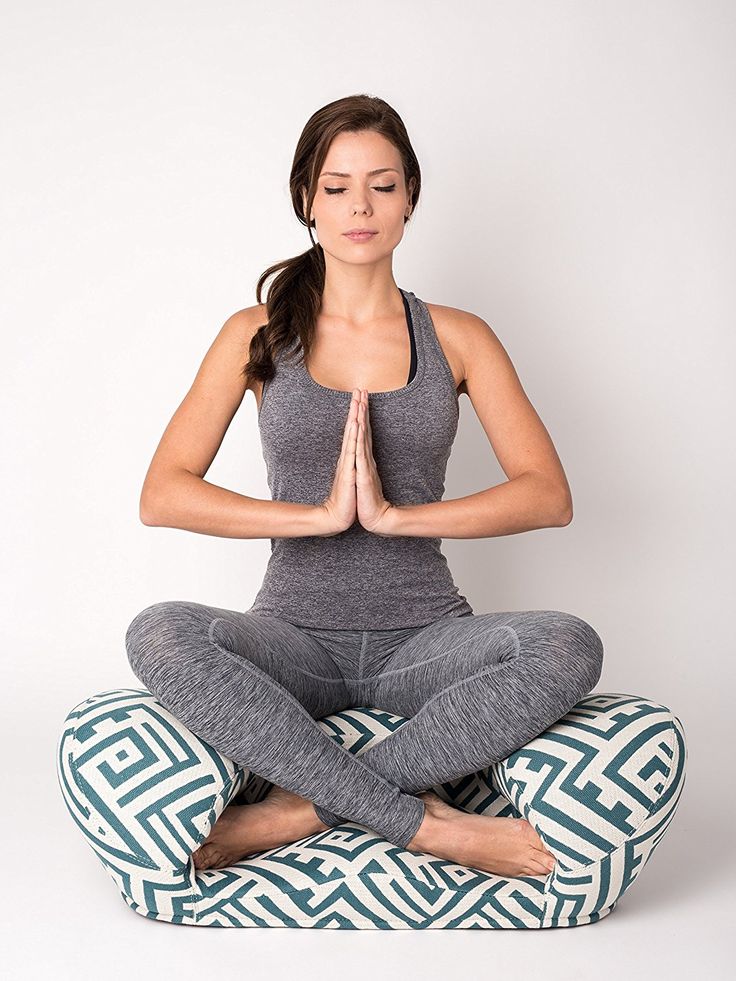
Your perception of pain is connected to your state of mind, and it can be elevated in stressful conditions.
Some research suggests that incorporating meditation into your routine could be beneficial for controlling pain.
For example, one review of 38 studies concluded that mindfulness meditation could reduce pain, improve quality of life, and decrease symptoms of depression in people with chronic pain (40).
A large meta-analysis of studies enrolling nearly 3,500 participants concluded that meditation was associated with decreased pain (41).
Meditators and non-meditators experienced the same causes of pain, but meditators showed a greater ability to cope with pain and even experienced a reduced sensation of pain.
SummaryMeditation can diminish the perception of pain in the brain. This may help treat chronic pain when used to supplement medical care or physical therapy.
Meditation can also improve physical health by reducing strain on the heart.
Over time, high blood pressure makes the heart work harder to pump blood, which can lead to poor heart function.
High blood pressure also contributes to atherosclerosis, or a narrowing of the arteries, which can lead to heart attack and stroke.
A meta-analysis of 12 studies enrolling nearly 1000 participants found that meditation helped reduce blood pressure. This was more effective among older volunteers and those who had higher blood pressure prior to the study (42).
One review concluded that several types of meditation produced similar improvements in blood pressure (43).
In part, meditation appears to control blood pressure by relaxing the nerve signals that coordinate heart function, blood vessel tension, and the “fight-or-flight” response that increases alertness in stressful situations (44).
SummaryBlood pressure decreases not only during meditation but also over time in individuals who meditate regularly. This can reduce strain on the heart and arteries, helping prevent heart disease.

People practice many different forms of meditation, most of which don’t require specialized equipment or space. You can practice with just a few minutes daily.
If you want to start meditating, try choosing a form of meditation based on what you want to get out of it.
There are two major styles of meditation:
- Focused-attention meditation. This style concentrates attention on a single object, thought, sound, or visualization. It emphasizes ridding your mind of distractions. Meditation may focus on breathing, a mantra, or calming sound.
- Open-monitoring meditation. This style encourages broadened awareness of all aspects of your environment, train of thought, and sense of self. It may include becoming aware of suppressed thoughts, feelings, or impulses.
To find out which styles you like best, check out the variety of free, guided meditation exercises offered by the University of California Los Angeles. It’s an excellent way to try different styles and find one that suits you.
It’s an excellent way to try different styles and find one that suits you.
If your regular work and home environments do not allow for consistent, quiet alone time, consider participating in a class. This can also improve your chances of success by providing a supportive community.
Alternatively, consider setting your alarm a few minutes early to take advantage of quiet time in the morning. This may help you develop a consistent habit and allow you to start the day positively.
SummaryIf you’re interested in incorporating meditation into your routine, try a few different styles and consider guided exercises to get started with one that suits you.
Meditation is something everyone can do to improve their mental and emotional health.
You can do it anywhere, without special equipment or memberships.
Alternatively, meditation courses and support groups are widely available.
There’s a great variety of styles too, each with different strengths and benefits.
Trying out a style of meditation suited to your goals is a great way to improve your quality of life, even if you only have a few minutes to do it each day.
12 Science-Based Benefits of Meditation
Meditation is the habitual process of training your mind to focus and redirect your thoughts.
The popularity of meditation is increasing as more people discover its many health benefits.
You can use it to increase awareness of yourself and your surroundings. Many people think of it as a way to reduce stress and develop concentration.
People also use the practice to develop other beneficial habits and feelings, such as a positive mood and outlook, self-discipline, healthy sleep patterns, and even increased pain tolerance.
This article reviews 12 health benefits of meditation.
Stress reduction is one of the most common reasons people try meditation.
One review concluded that meditation lives up to its reputation for stress reduction (1).
Normally, mental and physical stress cause increased levels of the stress hormone cortisol. This produces many of the harmful effects of stress, such as the release of inflammatory chemicals called cytokines.
This produces many of the harmful effects of stress, such as the release of inflammatory chemicals called cytokines.
These effects can disrupt sleep, promote depression and anxiety, increase blood pressure, and contribute to fatigue and cloudy thinking.
In an 8-week study, a meditation style called “mindfulness meditation” reduced the inflammation response caused by stress (2).
Furthermore, research has shown that meditation may also improve symptoms of stress-related conditions, including irritable bowel syndrome, post-traumatic stress disorder, and fibromyalgia (3, 4, 5).
SummaryMany styles of meditation can help reduce stress. Meditation can likewise reduce symptoms in people with stress-triggered medical conditions.
Meditation can reduce stress levels, which translates to less anxiety.
A meta-analysis including nearly 1,300 adults found that meditation may decrease anxiety. Notably, this effect was strongest in those with the highest levels of anxiety (6).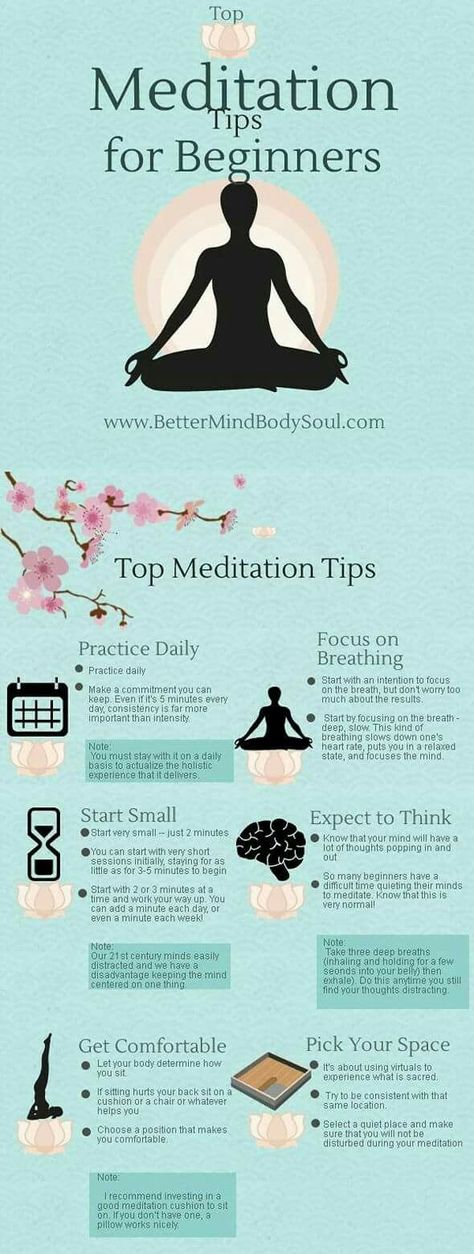
Also, one study found that 8 weeks of mindfulness meditation helped reduce anxiety symptoms in people with generalized anxiety disorder, along with increasing positive self-statements and improving stress reactivity and coping (7).
Another study in 47 people with chronic pain found that completing an 8-week meditation program led to noticeable improvements in depression, anxiety, and pain over 1 year (8).
What’s more, some research suggests that a variety of mindfulness and meditation exercises may reduce anxiety levels (9).
For example, yoga has been shown to help people reduce anxiety. This is likely due to benefits from both meditative practice and physical activity (10).
Meditation may also help control job-related anxiety. One study found that employees who used a mindfulness meditation app for 8 weeks experienced improved feelings of well-being and decreased distress and job strain, compared with those in a control group (11).
SummaryHabitual meditation can help reduce anxiety and improve stress reactivity and coping skills.
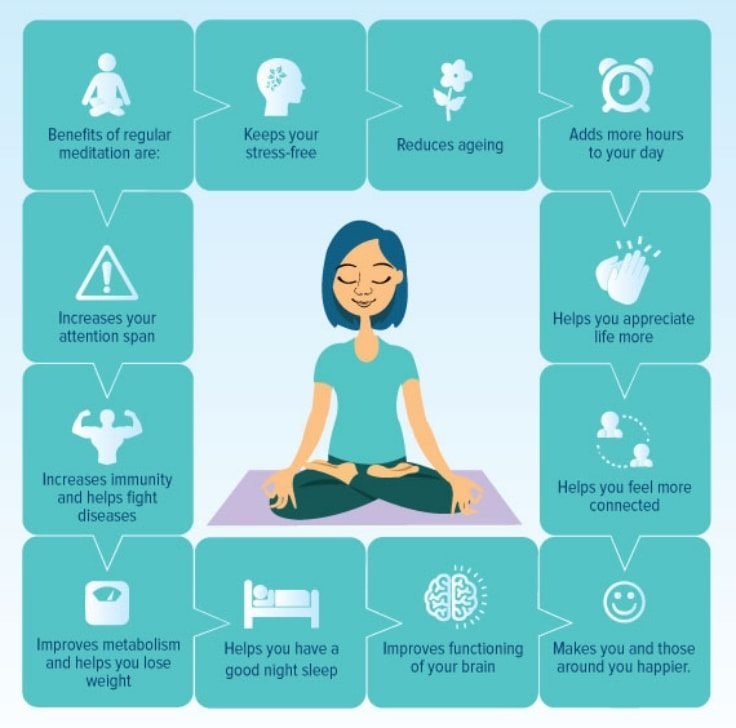
Some forms of meditation can lead to improved self-image and a more positive outlook on life.
For example, one review of treatments given to more than 3,500 adults found that mindfulness meditation improved symptoms of depression (12).
Similarly, a review of 18 studies showed that people receiving meditation therapies experienced reduced symptoms of depression, compared with those in a control group (13).
Another study found that people who completed a meditation exercise experienced fewer negative thoughts in response to viewing negative images, compared with those in a control group (14).
Furthermore, inflammatory chemicals called cytokines, which are released in response to stress, can affect mood, leading to depression. A review of several studies suggests meditation may also reduce depression by decreasing levels of these inflammatory chemicals (15).
SummarySome forms of meditation can improve depression and reduce negative thoughts.
It may also decrease levels of inflammatory cytokines, which could contribute to depression.
Some forms of meditation may help you develop a stronger understanding of yourself, helping you grow into your best self.
For example, self-inquiry meditation explicitly aims to help you develop a greater understanding of yourself and how you relate to those around you.
Other forms teach you to recognize thoughts that may be harmful or self-defeating. The idea is that as you gain greater awareness of your thought habits, you can steer them toward more constructive patterns (16, 17, 18).
One review of 27 studies showed that practicing tai chi may be associated with improved self-efficacy, which is a term used to describe a person’s belief in their own capacity or ability to overcome challenges (19).
In another study, 153 adults who used a mindfulness meditation app for 2 weeks experienced reduced feelings of loneliness and increased social contact compared with those in a control group (20).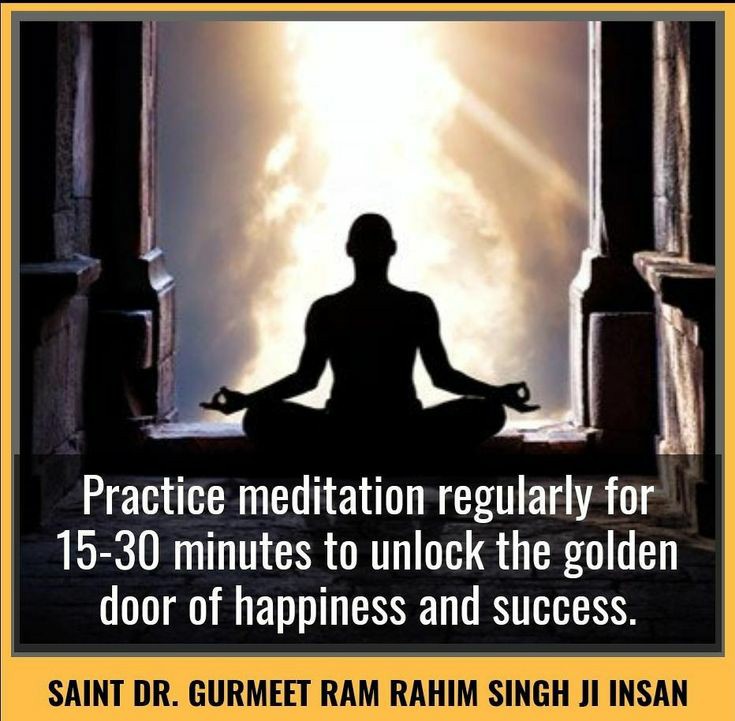
Additionally, experience in meditation may cultivate more creative problem-solving skills (21).
SummarySelf-inquiry and related styles of meditation can help you “know yourself.” This can be a starting point for making other positive changes.
Focused-attention meditation is like weight lifting for your attention span. It helps increase the strength and endurance of your attention.
For example, one study found that people who listened to a meditation tape experienced improved attention and accuracy while completing a task, compared with those in a control group (22).
A similar study showed that people who regularly practiced meditation performed better on a visual task and had a greater attention span than those without any meditation experience (23).
Moreover, one review concluded that meditation may even reverse patterns in the brain that contribute to mind-wandering, worrying, and poor attention (24).
Even meditating for a short period each day may benefit you. One study found that meditating for just 13 minutes daily enhanced attention and memory after 8 weeks (25).
One study found that meditating for just 13 minutes daily enhanced attention and memory after 8 weeks (25).
SummarySeveral types of meditation may build your ability to redirect and maintain attention.
Improvements in attention and clarity of thinking may help keep your mind young.
Kirtan Kriya is a method of meditation that combines a mantra or chant with repetitive motion of the fingers to focus your thoughts. Studies in people with age-related memory loss have shown it improves performance on neuropsychological tests (26).
Furthermore, a review found preliminary evidence that multiple meditation styles can increase attention, memory, and mental quickness in older volunteers (27).
In addition to fighting normal age-related memory loss, meditation can at least partially improve memory in patients with dementia. It can likewise help control stress and improve coping in those caring for family members with dementia (28, 29).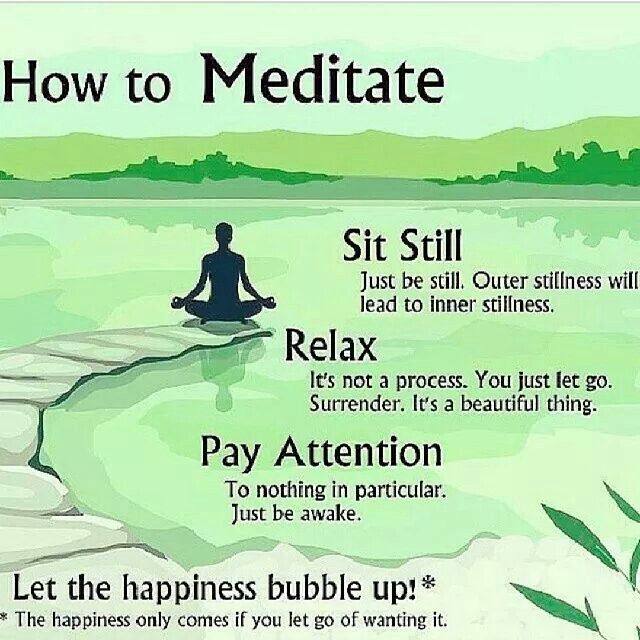
SummaryThe improved focus you can gain through regular meditation may boost your memory and mental clarity. These benefits can help fight age-related memory loss and dementia.
Some types of meditation may particularly increase positive feelings and actions toward yourself and others.
Metta, a type of meditation also known as loving-kindness meditation, begins with developing kind thoughts and feelings toward yourself.
Through practice, people learn to extend this kindness and forgiveness externally, first to friends, then acquaintances, and ultimately enemies.
A meta-analysis of 22 studies on this form of meditation demonstrated its ability to increase peoples’ compassion toward themselves and others (30).
One study in 100 adults randomly assigned to a program that included loving-kindness meditation found that these benefits were dose-dependent.
In other words, the more time people spent in weekly metta meditation practice, the more positive feelings they experienced (31).
Another study in 50 college students showed that practicing metta meditation 3 times per week improved positive emotions, interpersonal interactions, and understanding of others after 4 weeks (32).
These benefits also appear to accumulate over time with the practice of loving-kindness meditation (33).
SummaryMetta, or loving-kindness meditation, is a practice of developing positive feelings, first toward yourself and then toward others. Metta increases positivity, empathy, and compassionate behavior toward others.
The mental discipline you can develop through meditation may help you break dependencies by increasing your self-control and awareness of triggers for addictive behaviors (34).
Research has shown that meditation may help people learn to redirect their attention, manage their emotions and impulses, and increase their understanding of the causes behind their (35, 36).
One study in 60 people receiving treatment for alcohol use disorder found that practicing transcendental meditation was associated with lower levels of stress, psychological distress, alcohol cravings, and alcohol use after 3 months (37).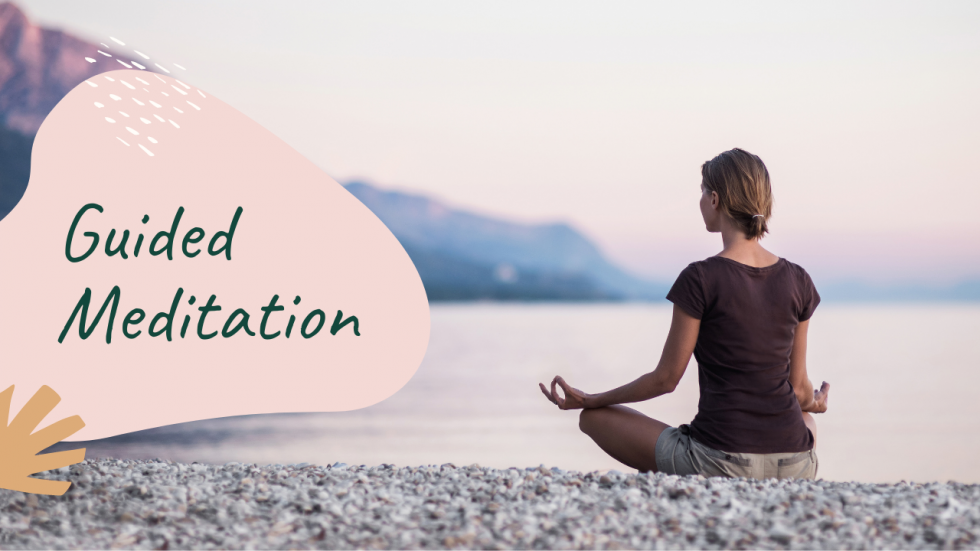
Meditation may also help you control food cravings. A review of 14 studies found mindfulness meditation helped participants reduce emotional and binge eating (38).
SummaryMeditation develops mental awareness and can help you manage triggers for unwanted impulses. This can help you recover from addiction, manage unhealthy eating, and redirect other unwanted habits.
Nearly half of the population will struggle with insomnia at some point.
One study compared mindfulness-based meditation programs and found that people who meditated stayed asleep longer and had improved insomnia severity, compared with those who had an unmedicated control condition (39).
Becoming skilled in meditation may help you control or redirect the racing or runaway thoughts that often lead to insomnia.
Additionally, it can help relax your body, releasing tension and placing you in a peaceful state in which you’re more likely to fall asleep.
SummaryA variety of meditation techniques can help you relax and control runaway thoughts that can interfere with sleep.
This can shorten the time it takes to fall asleep and increase sleep quality.
Your perception of pain is connected to your state of mind, and it can be elevated in stressful conditions.
Some research suggests that incorporating meditation into your routine could be beneficial for controlling pain.
For example, one review of 38 studies concluded that mindfulness meditation could reduce pain, improve quality of life, and decrease symptoms of depression in people with chronic pain (40).
A large meta-analysis of studies enrolling nearly 3,500 participants concluded that meditation was associated with decreased pain (41).
Meditators and non-meditators experienced the same causes of pain, but meditators showed a greater ability to cope with pain and even experienced a reduced sensation of pain.
SummaryMeditation can diminish the perception of pain in the brain. This may help treat chronic pain when used to supplement medical care or physical therapy.

Meditation can also improve physical health by reducing strain on the heart.
Over time, high blood pressure makes the heart work harder to pump blood, which can lead to poor heart function.
High blood pressure also contributes to atherosclerosis, or a narrowing of the arteries, which can lead to heart attack and stroke.
A meta-analysis of 12 studies enrolling nearly 1000 participants found that meditation helped reduce blood pressure. This was more effective among older volunteers and those who had higher blood pressure prior to the study (42).
One review concluded that several types of meditation produced similar improvements in blood pressure (43).
In part, meditation appears to control blood pressure by relaxing the nerve signals that coordinate heart function, blood vessel tension, and the “fight-or-flight” response that increases alertness in stressful situations (44).
SummaryBlood pressure decreases not only during meditation but also over time in individuals who meditate regularly.
This can reduce strain on the heart and arteries, helping prevent heart disease.
People practice many different forms of meditation, most of which don’t require specialized equipment or space. You can practice with just a few minutes daily.
If you want to start meditating, try choosing a form of meditation based on what you want to get out of it.
There are two major styles of meditation:
- Focused-attention meditation. This style concentrates attention on a single object, thought, sound, or visualization. It emphasizes ridding your mind of distractions. Meditation may focus on breathing, a mantra, or calming sound.
- Open-monitoring meditation. This style encourages broadened awareness of all aspects of your environment, train of thought, and sense of self. It may include becoming aware of suppressed thoughts, feelings, or impulses.
To find out which styles you like best, check out the variety of free, guided meditation exercises offered by the University of California Los Angeles.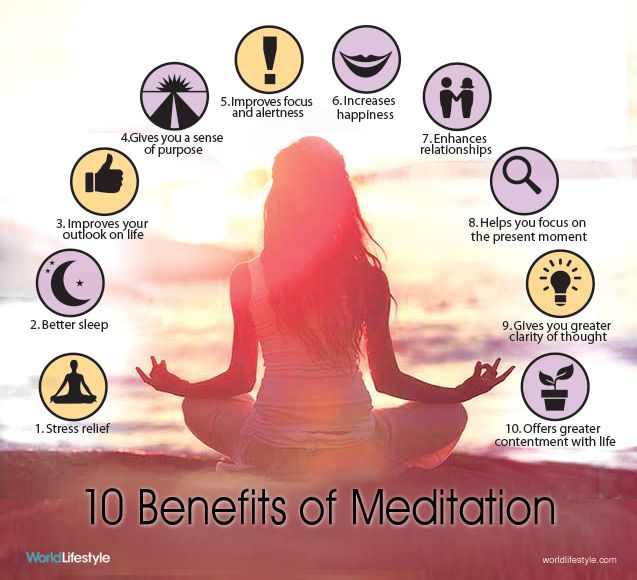 It’s an excellent way to try different styles and find one that suits you.
It’s an excellent way to try different styles and find one that suits you.
If your regular work and home environments do not allow for consistent, quiet alone time, consider participating in a class. This can also improve your chances of success by providing a supportive community.
Alternatively, consider setting your alarm a few minutes early to take advantage of quiet time in the morning. This may help you develop a consistent habit and allow you to start the day positively.
SummaryIf you’re interested in incorporating meditation into your routine, try a few different styles and consider guided exercises to get started with one that suits you.
Meditation is something everyone can do to improve their mental and emotional health.
You can do it anywhere, without special equipment or memberships.
Alternatively, meditation courses and support groups are widely available.
There’s a great variety of styles too, each with different strengths and benefits.
Trying out a style of meditation suited to your goals is a great way to improve your quality of life, even if you only have a few minutes to do it each day.
How to change your life through meditation: scientific arguments and practice
Health
© Darius Bashar/Unsplash
Author Ekaterina Tikhonova
May 21, 2021
Studies have shown that regular meditation has a direct impact on happiness, helps to stay in good shape and cope with stress. Understanding how meditation is scientifically useful and how to approach it
Yongey Mingyur Rinpoche, author of The Buddha, the Brain and the Neurophysiology of Happiness, is one of the popularizers of Tibetan meditation. For many years he has been involved in brain research during meditation, finding more and more evidence of its usefulness for each of us. Here's what we know about it so far. nine0003
Meditation is various psycho-physiological practices (religious or healing) that allow you to make your consciousness clearer, understand yourself and control your mind. Depending on the technique, meditations are based on concentration and/or willpower. Initially, the practice of meditation came from Hinduism. It occupies an important place in yoga. Today, however, meditation is increasingly spoken of without an esoteric component - as a means to train your mind and become calmer.
Depending on the technique, meditations are based on concentration and/or willpower. Initially, the practice of meditation came from Hinduism. It occupies an important place in yoga. Today, however, meditation is increasingly spoken of without an esoteric component - as a means to train your mind and become calmer.
Advertising on RBC www.adv.rbc.ru nine0003
There are over 3,000 scientific studies on the benefits of meditation. They involved both Buddhist monks who have devoted thousands of hours to meditation, and beginners who practice meditation for 15 minutes a day. The results recorded positive changes in most of the subjects. And here are some.
- Stress reduction
For this, people usually begin to meditate. A study of 3,500 adults showed it worked. When our bodies are exposed to sudden stress or threat, the brain responds with a fight-or-flight response. It is caused by a surge in the hormones adrenaline and cortisol, which leads to sleep disturbance, depression and anxiety, increased blood pressure, fatigue and confusion. Meditation gives you the opportunity to step back, recognize stress and choose how to respond to it. For example, it could be a regular relaxation practice that allows you to act rationally even under stress. nine0003
Meditation gives you the opportunity to step back, recognize stress and choose how to respond to it. For example, it could be a regular relaxation practice that allows you to act rationally even under stress. nine0003
- Anxiety control
There is a part of our brain responsible for fear. This is the amygdala, called the amygdala, which works like an alarm, looking for sources of danger around. She kept the ancient man alive by catching rustles in the forest or aggressive fellow tribesmen. For a modern person, it often works as a "false call", awakening unreasonable anxiety. Research has shown that amygdala activity decreases when a person is in a meditative state. These data were obtained both in experiments with people without experience in meditation, and in trials with both healthy people and those suffering from chronic anxiety. The effect is comparable to the action of drugs, but does not cause side effects. Regular practice reprograms the fear center, reduces anxiety and symptoms of anxiety disorders and panic attacks. nine0003
nine0003
© Manuel Breva Colmeiro/Getty Images
- Emotional recovery
Our brain tends to emotionally color or "stick" to situations and problems. For example, if a person has troubles at work, he can transfer them to family life. Conversely, troubles in personal life can be reflected in work. Meditators have the ability to not "stick". To see an emotion, a problem, to realize it and not fall into a trap. nine0003
Scientists attribute this to a decrease in the production of substances called cytokines. They are released in response to stress, affect mood and often cause depression. In the brains of those who practice meditation, connections appear that increase empathy and the ability to rationally assess problems.
Research shows that meditation is as effective as antidepressants! Therefore, for people suffering from depression, it is increasingly being prescribed as an alternative to drug treatment. nine0003
- Raising awareness
Already in the eighth week of regular meditation, practitioners form their "unique brain" with well-developed areas. These areas are primarily associated with awareness and memory. Scientists are seeing an increase in the thickness of the hippocampus, which increases the brain's ability to learn and remember new material, as well as regulate its emotions. It used to be thought that mindfulness is the effect of long reflection and concentration on oneself. It is now clear that during meditation there are physical changes in the brain that help develop this skill. nine0003
These areas are primarily associated with awareness and memory. Scientists are seeing an increase in the thickness of the hippocampus, which increases the brain's ability to learn and remember new material, as well as regulate its emotions. It used to be thought that mindfulness is the effect of long reflection and concentration on oneself. It is now clear that during meditation there are physical changes in the brain that help develop this skill. nine0003
- Increasing mindfulness
Problems with concentration are not only found in children, attention deficit disorder has been diagnosed in millions of adults. One of the main benefits of meditation is improved focus and concentration. Like sports training, daily meditation increases the power and endurance of attention. Two weeks of practice has been found to increase attention scores by 16%. Thanks to meditation, cognitive skills at work quickly develop - and we better concentrate on the tasks at hand.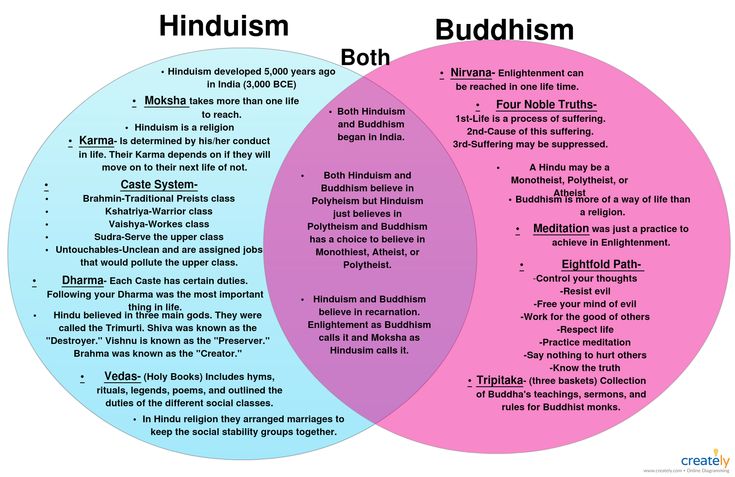 nine0003
nine0003
- Prevention of brain aging
I lost my keys, I can't remember my name, I can't solve a simple math problem - as we approach middle age, we are increasingly faced with such problems. The decrease in mental abilities is associated with the loss of volumes of gray matter - brain neurons responsible for memory and learning. This is called cognitive decline associated with aging. For many years, scientists thought this decline was inevitable, but research over the past two decades has shown that the adult brain changes throughout life. This is a phenomenon known as neuroplasticity. nine0003
Regular meditation increases the neuroplasticity of the brain, maintains and even increases the concentration of gray matter. The brains of people over the age of 50, who constantly practice meditation, “look” seven years younger.
© fizkes/shutterstock
- Sleep Improvement
Meditation helps to relax and not dwell on thoughts that prevent you from falling asleep. This practice activates the area of the brain responsible for the transition to deep sleep. Thanks to it, we fall asleep faster and get better quality sleep. When the sleep characteristics of the two groups were compared (one practiced meditation, the other did not), it became clear that the participants who meditated fell asleep faster, their sleep was deeper and longer compared to those who did not meditate. nine0003
This practice activates the area of the brain responsible for the transition to deep sleep. Thanks to it, we fall asleep faster and get better quality sleep. When the sleep characteristics of the two groups were compared (one practiced meditation, the other did not), it became clear that the participants who meditated fell asleep faster, their sleep was deeper and longer compared to those who did not meditate. nine0003
- Pain control
Meditation reduces the perception of pain in the brain. It complements medical treatment of chronic pain or physiotherapy. Research confirms that mindfulness calms the brain centers responsible for pain, and over time, these changes take root and change the structure of the brain itself in such a way that patients no longer feel pain as intensely as they used to. Polls show that they stop noticing it. nine0003
Clinics prescribe meditation to help patients cope with the pain of heart disease, diabetes and arthritis. It is also used to relieve migraines, chronic fatigue, and even multiple sclerosis.
It is also used to relieve migraines, chronic fatigue, and even multiple sclerosis.
Most researchers agree that eight weeks of daily sessions of 10-12 minutes is enough to feel the positive effects of meditation. Experienced practitioners recommend meditating in the morning or immediately after waking up, when the brain is not yet preoccupied with solving a large number of problems. nine0003
It is not necessary to meditate while sitting at home. A simple breathing practice is available anytime, anywhere. Focusing on the breath is the most common approach to meditation. The main thing is to focus on the process of inhalation and exhalation. If thoughts and emotions come during practice, there is no need to block them. Look at them from the side, like a boat passing you on a river, and continue to focus on your breath.
- Sit in a relaxed position with your back straight. nine0021 Your eyes may be open or closed.
- Take a couple of minutes to be in a calm state.
 Remember that sense of immersion in relaxation when you decide to take a break after a busy day.
Remember that sense of immersion in relaxation when you decide to take a break after a busy day. - Now just breathe through your mouth or nose.
- Bring awareness to your breath, feel the air being drawn in and out of your lungs.
- Make pauses between inhalation and exhalation, in these intervals relax your awareness, immerse yourself in the process itself. nine0026
- If thoughts come, try to focus on the breath again.
- Continue this for 5-10 minutes.
- Complete the exercise with rest in a calm state.
Meditation: Why You Should Do It
Written By Mark Manson
Take a break. Breathe. Focus your mind. Read each word slowly. Be aware of yourself reading this sentence, this paragraph. You, sitting here, focused on every word, one by one. Be aware of each sound and its echoes in your mind, the one you are hearing right now, and now this one, and another, and another, and another. The voice in your mind saying this text is you? If yes, then who is listening? nine0003
The paragraph above ideally put you into some form of meditation. He made you aware of your thoughts and mental processes, and most likely helped to separate your "I" from the thoughts and sounds in your head.
He made you aware of your thoughts and mental processes, and most likely helped to separate your "I" from the thoughts and sounds in your head.
Meditation makes a person disidentify himself from his mind and emotions. It is arguably the easiest to learn and most accessible personal development tool on the planet. This can be done by people with disabilities. Children can do it. Stephen Hawking can do it. Any conscious person can practice this. You can do it on a crowded bus. You can do it in the monastery. You can do it in your bedroom. You can do it now while reading this article. Experienced meditators may even do this while they sleep. The health benefits — mental, emotional, and physical — are innumerable, and there are no side effects. You can learn it in just five minutes and never forget how to do it again. Doing this for at least 10 minutes a day can make you happier and healthier, and practicing 30 minutes a day can change your life. nine0003
But almost no one does it regularly.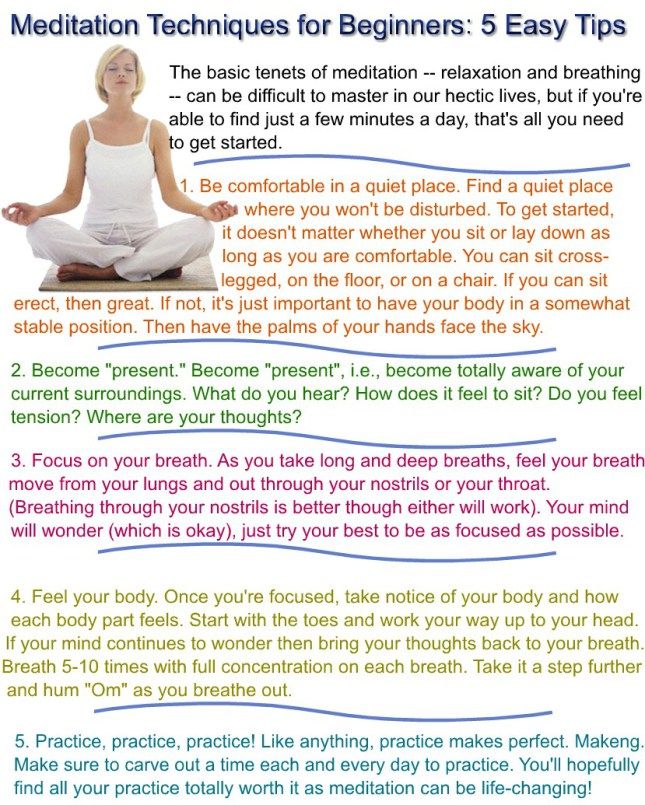 Including me. Why?
Including me. Why?
It's hard to do. In fact, it's damn hard. No, seriously, take a break for a few seconds, close your eyes and don't try not to think about anything for 30 seconds. No, seriously, try it. Only for 30 seconds. I guarantee you can't do it.
If you try, you will soon notice that our mind produces a constant stream of thoughts, and most of us identify so strongly with it that we don't even notice it. Our mental energy is consumed by an endless stream of useless, worthless thoughts and opinions:
“I hope the Lakers win today. I wonder if Shannon will ever call me back. I really enjoyed our date, but maybe I should have chosen a better restaurant? Oh, it's so stupid to worry about it. I wonder if Dave's new sushi restaurant is good? I need to call him, we haven't talked in a long time. He can be too gloomy, although this rarely happens with him. Oh, you have to buy a movie to watch on the weekend, it will be cool. I wonder which one. I remember watching that movie with Sarah, my childhood friend.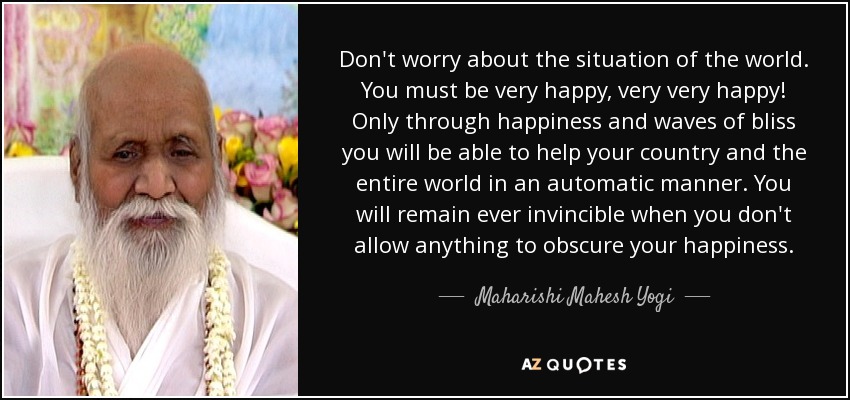 God, how we were young and naive. First kisses are so awkward. But yeah, I have to call Dave, we haven't talked in a while. And I also need to call my dad, he gets hot-tempered if I don't call him. Oh, it's Tuesday, they're already showing Breaking Bad." nine0003
God, how we were young and naive. First kisses are so awkward. But yeah, I have to call Dave, we haven't talked in a while. And I also need to call my dad, he gets hot-tempered if I don't call him. Oh, it's Tuesday, they're already showing Breaking Bad." nine0003
You probably have a similar monologue going on in your mind and you rarely realize it. Few of us. Meditation teaches our mind to reduce and refine our thoughts, focus only on what is useful and important, ignore everything else, and separate our ego and personality from the thoughts and emotions swirling around in our heads. It may seem insignificant, but it adds up to huge life benefits.
I started meditating as a teenager and got serious about it in college. After graduation, I interrupted the practice (distracted by girls, drinking and work), but this year my task is to restore the habit of meditation. Its benefits have been excellent and I miss the clarity and awareness I had during regular practice. nine0003
If your mind is a muscle, meditation is the way to get it to the gym. The stronger your control over the mind, the more you can consciously control where the mind is focused and how it processes new information. Strengthening your mind in this way has implications for every aspect of your life: your emotional health and self-esteem, your performance, your discipline, your relationships, your overall happiness, your stress levels, and your physical health. I attribute much of my success in other areas of my life to the meditation I practiced when I was younger. I noticed that in everything I aspired to since that time, my mind was more focused than most, and that I could always remove unnecessary hindrances and realize what is really important in any business. nine0003
The stronger your control over the mind, the more you can consciously control where the mind is focused and how it processes new information. Strengthening your mind in this way has implications for every aspect of your life: your emotional health and self-esteem, your performance, your discipline, your relationships, your overall happiness, your stress levels, and your physical health. I attribute much of my success in other areas of my life to the meditation I practiced when I was younger. I noticed that in everything I aspired to since that time, my mind was more focused than most, and that I could always remove unnecessary hindrances and realize what is really important in any business. nine0003
HOW TO MEDITATE
There are many forms and techniques of meditation. And the great thing is that there is no right or wrong among them, they are just different. Whatever causes you to focus your mind on awareness and let go of any thoughts or emotions that arise is a form of meditation.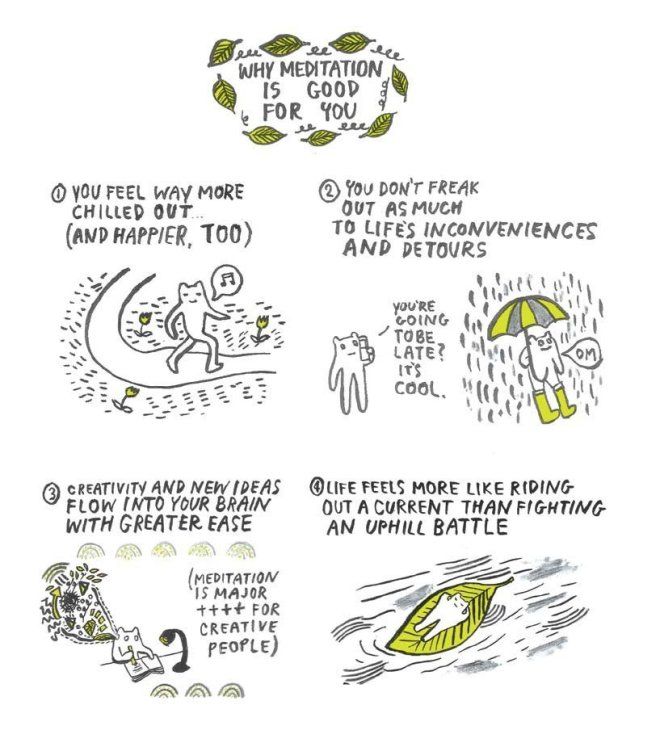 Whether it includes mantras, breath counting, yoga, chanting, rituals, or something else.
Whether it includes mantras, breath counting, yoga, chanting, rituals, or something else.
But to begin with, I recommend that people start by simply sitting and counting their breaths. The process is simple. nine0003
Take 10 or 15 minutes. It's a good idea to set a timer on your watch because you'll be tempted to get up or stop before the time runs out. Go to a quiet room with no distractions. Throw a pillow on the floor and sit cross-legged on it. Don't worry if your legs don't bend well, just cross them as much as you can while being comfortable. Put your butt on the pillow and then make sure your back is straight. Relax your diaphragm and let your stomach droop (don't worry, no one is watching). Look straight ahead. You can close your eyes or leave them open, it doesn't really matter. I prefer to leave mine open, but you can close them first if that's more comfortable for you. You can put your hands on your knees, or you can leave them folded together, one on top of the other, palms up, as shown in the picture. nine0003
nine0003
Now the hard part begins. Clear your mind. Don't think about anything. Inhale through your nose into your chest until it is full. Your belly should expand. Then exhale slowly. Once. Repeat the same. Count your breaths. When a thought arises or you get distracted, start counting from the beginning. Thoughts and distractions will come up, and if you are just starting out, they will come up often, even if you don't notice them, until they start rattling around in your head for a few seconds.
Don't judge yourself. Do not be angry. Don't get upset and say, "I screwed up." Just accept the thought that arises, let it go and reset the count. Chances are you won't get past two or three counts in your first meditation practice. It often takes many months to even get to ten.
Do this for 15 minutes. It's only 15 minutes, but I guarantee it will feel like three hours. By the fourth minute you will be dying not to get up and do something. Your mind will go crazy. Most likely, you will start to let go of your mind and just start thinking about the party last weekend or about the project you are working on at work. Good. Do not judge. Just let go and start counting again. nine0003
Most likely, you will start to let go of your mind and just start thinking about the party last weekend or about the project you are working on at work. Good. Do not judge. Just let go and start counting again. nine0003
This is the main form of Zen meditation that I have been practicing for several years. If you do it at least once, congratulations. My guess is that you will wake up feeling much more relaxed, with a clear mind and calm throughout the day.
These practices are easiest to do and stick to when done with someone else, so you can discipline each other. The best practice is daily. Start with 10 or 15 minutes every morning when you wake up and slowly add time. Once you get to the point where you can keep your mind blank for a full 10 breaths or so, you can try other methods or practices. nine0003
BENEFITS OF MEDITATION
I have mentioned throughout this article the great benefits of meditation. Of all the so-called "spiritual practices," meditation probably has the most scientific research backing its usefulness and power. Numerous MRI and EEG studies have shown that regular meditation practice can repair neural structures in the brain and even enlarge gray matter.[1, 2] Below are some of the practical benefits of regular meditation that psychologists and doctors have discovered:
Numerous MRI and EEG studies have shown that regular meditation practice can repair neural structures in the brain and even enlarge gray matter.[1, 2] Below are some of the practical benefits of regular meditation that psychologists and doctors have discovered:
- Increases self-awareness. Psychologists have noted that patients who practice meditation develop a deeper awareness of their actions and emotions. Some psychotherapists prescribe meditation to their patients to help them practice.[3]
- Increases concentration and discipline. Meditators are able to stay focused longer on specific tasks and be less likely to be distracted from those tasks. Meditation increases the capacity for what psychologists call "self-regulation".[4] nine0026
- Reduces stress and anxiety. Mindfulness techniques have been found to reduce anxiety and stress [5] and have long been prescribed to patients suffering from anxiety disorders and panic attacks as a way to calm their nerves with fairly good success rates.
 [6]
[6] - Makes you physically healthy. People who practice meditation, on average, sleep better, have a lower heart rate, lower blood pressure, and get sick less often.[7] nine0026
- Increase emotional stability. For people who are prone to outbursts of anger or sadness, meditation helps regulate and control their emotions.[8]
- Improves memory and helps you think more clearly. Meditation teaches you to throw out unnecessary garbage from your thought patterns. Further, it frees your mind, more effectively storing all that is useful and important.[9]
- Helps to get in touch with intuition. When you meditate, you communicate with your unconscious decision-making processes, often called "gut feeling", "instinct" or "intuition". Daniel Kahneman calls it his "first brain". Malcolm Gladwell calls him "Blinker". Whatever it is, this instantaneous, inner reaction to some things is often the right thing to do.
 Meditation will enhance it. It goes hand in hand with self-awareness. nine0026
Meditation will enhance it. It goes hand in hand with self-awareness. nine0026 - Increases your ability to empathize with others. Brain scans show that meditation activates those parts of the brain that are responsible for optimism, happiness and empathy. People who meditate constantly talk about improving their ability to empathize with and care for other people's emotions and connect with them more easily.[10]
- Reduces the need for external approval. Meditation teaches you to be more aware of what thoughts and emotions dictate your actions in the first place where you are trying to get love and approval, and what may not work. This makes one more aware of needy and neurotic behavior and put an end to it. [11]
Meditation is by no means the cure for all problems. But I think it's a powerful tool. The purpose of meditation is to help you see your inner problems clearly. It won't eliminate them. A few years ago, one of the most frustrating moments of my participation in Zen was how many experienced practitioners I met convinced themselves that meditation had removed all their psychological and emotional problems, when this was not the case at all. Yes, she helped them see and realize their problems. But to overcome them, we still need to go out into the world and act. Sitting in a room and staring at a wall all day is unlikely to do that. nine0003
Yes, she helped them see and realize their problems. But to overcome them, we still need to go out into the world and act. Sitting in a room and staring at a wall all day is unlikely to do that. nine0003
MEDITATION AND SPIRITUALITY
There is also a spiritual aspect to meditation practice, for those of you who are interested in that. I usually avoid the topic of spirituality in this blog. I believe that spirituality is something lived and experienced, not discussed or taught. In my opinion, spirituality, by its definition, cannot be discussed. It is possible to describe only the received experience of spirituality. Spirituality itself is transrational. It's like trying to count to infinity. Words can only capture a part, but never fill the whole. nine0003
One such way to experience spirituality is through meditation. I can't describe spiritual experience in words. But if you ever had a moment in your life when your sense of self – your sense of identity – completely dissolved and there were no more differences between you, the sky, the water, the people around, everything… If you ever looked at the stars for so long , who started laughing at the realization of how beautiful the mere fact that we just exist . .. If you suddenly realized that your fears and worries are illusions created by your ego and mind, and that all good and bad were just separate expressions the same great unity of It and that you never needed to be afraid, you - your fears, your flaws, your defeats, everything about you - it was another perfect expression of the same reality ... Then yes, meditation can help you bring it back state back. nine0003
.. If you suddenly realized that your fears and worries are illusions created by your ego and mind, and that all good and bad were just separate expressions the same great unity of It and that you never needed to be afraid, you - your fears, your flaws, your defeats, everything about you - it was another perfect expression of the same reality ... Then yes, meditation can help you bring it back state back. nine0003
Meditation experience is associated with increased cortical thickness. Neuroreport, 16(17), 1893.↵
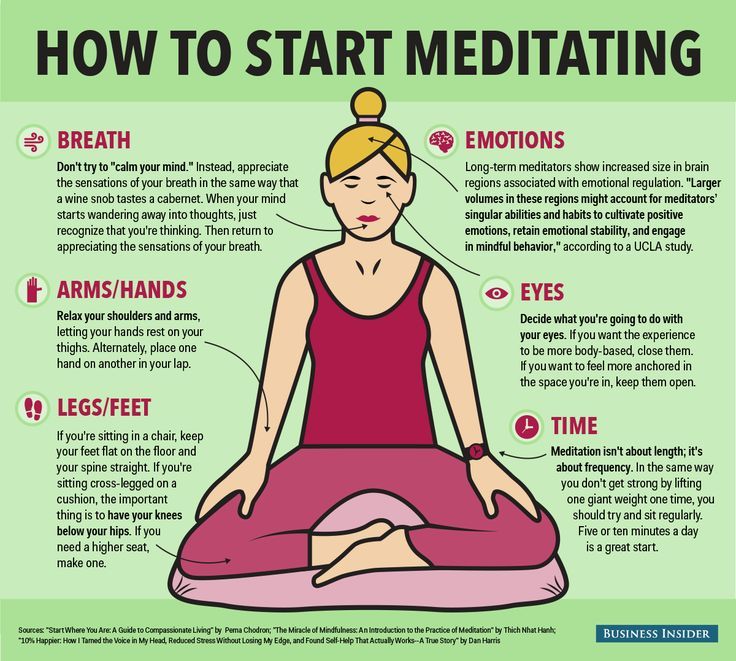 (2012). Mindfulness meditation counteracts self-control depletion. Consciousness and Cognition, 21(2), 1016–1022.↵
(2012). Mindfulness meditation counteracts self-control depletion. Consciousness and Cognition, 21(2), 1016–1022.↵ 